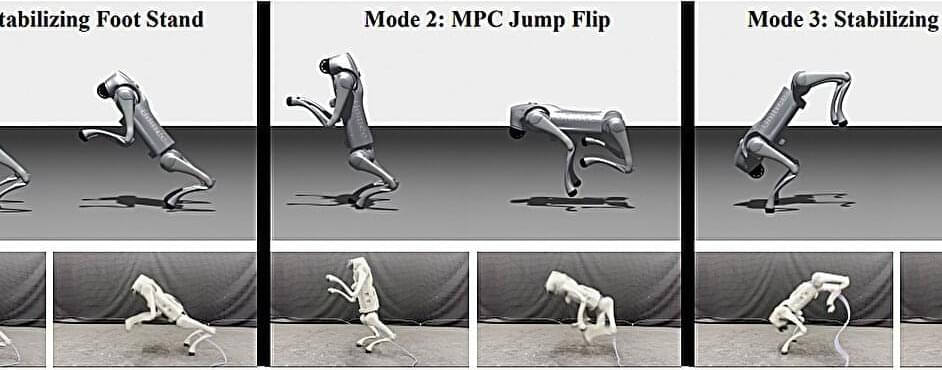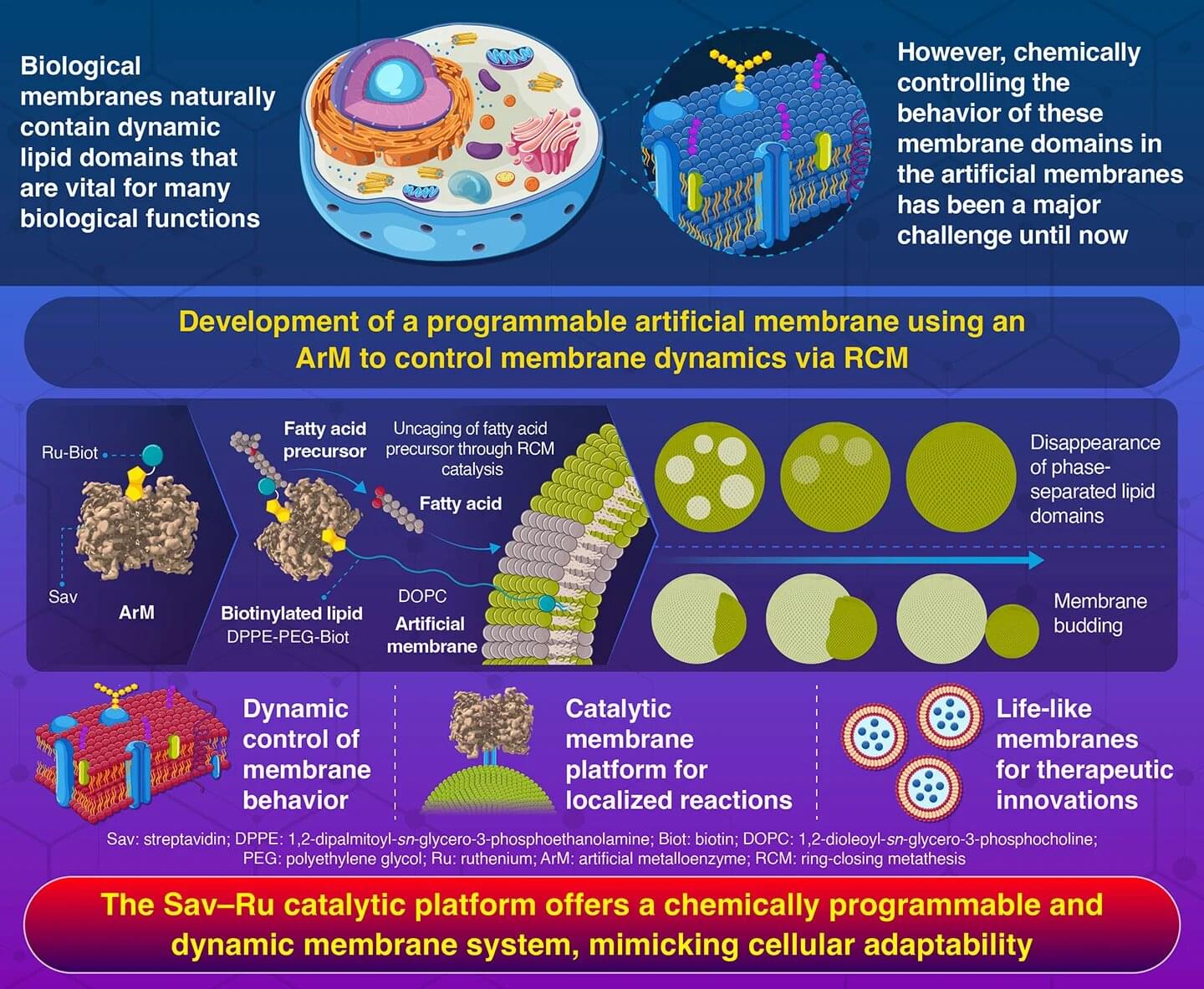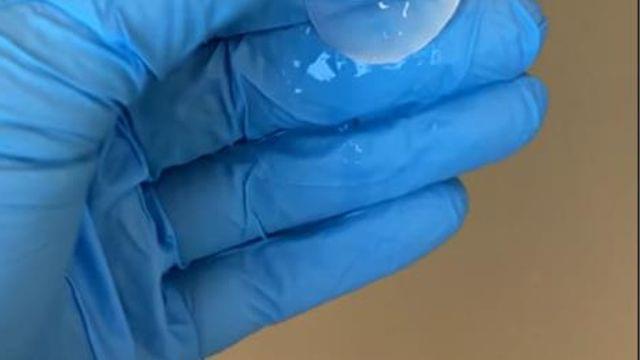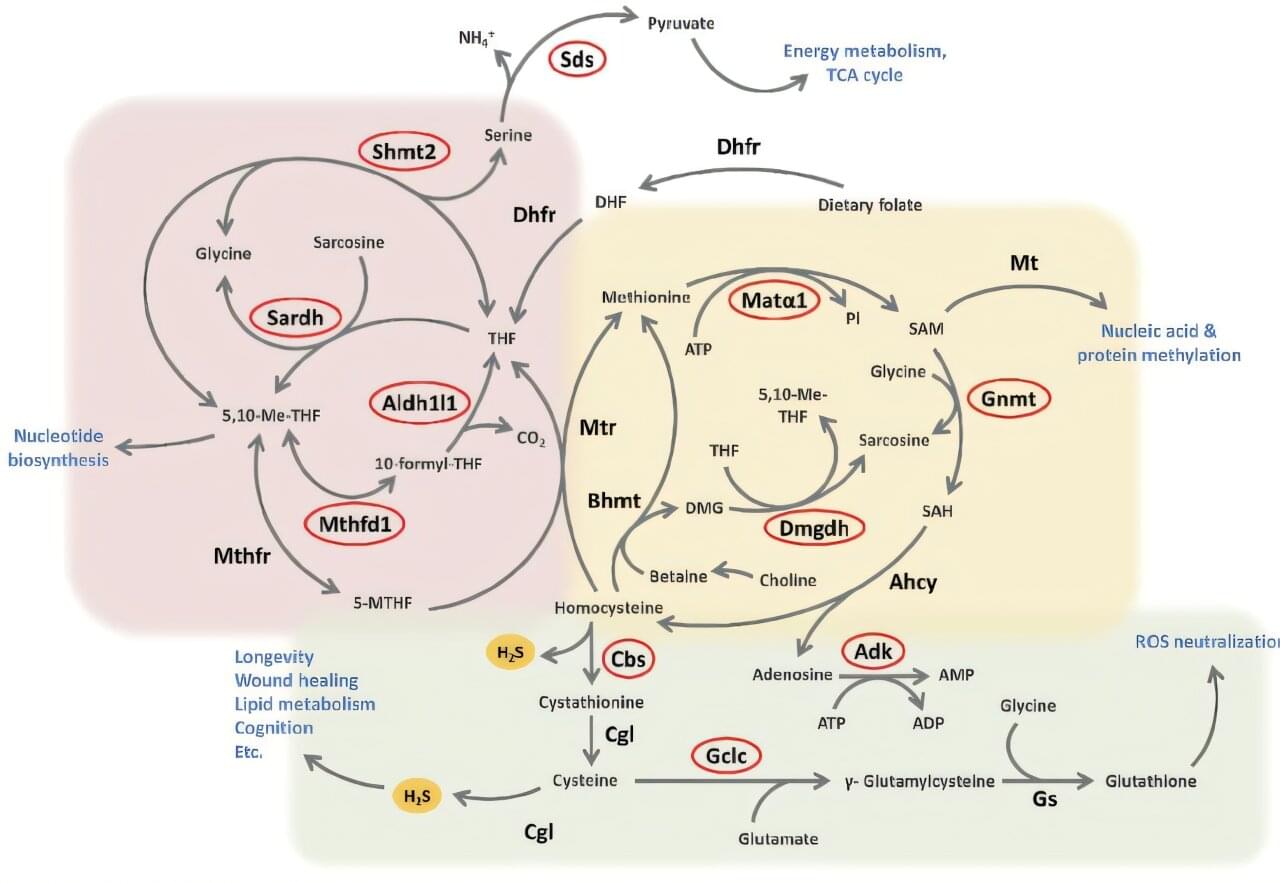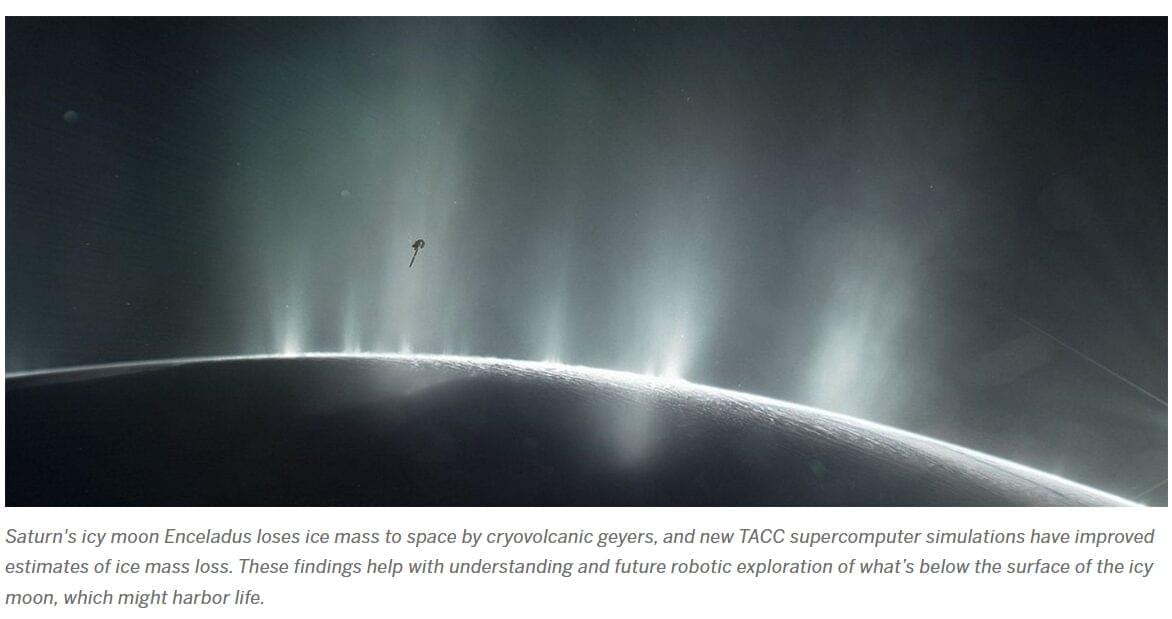When it comes to training robots to perform agile, single-task motor skills, such as handstands or backflips, artificial intelligence methods can be very useful. But if you want to train your robot to perform multiple tasks—say, performing a backward flip into a handstand—things get a little more complicated.
“We often want to train our robots to learn new skills by compounding existing skills with one another,” said Ian Abraham, assistant professor of mechanical engineering. “Unfortunately, AI models trained to allow robots to perform complex skills across many tasks tend to have worse performance than training on an individual task.”
To solve for that, Abraham’s lab is using techniques from optimal control—that is, taking a mathematical approach to help robots perform movements in the most efficient and optimal way possible. In particular, they’re employing hybrid control theory, which involves deciding when an autonomous system should switch between control modes to solve a task. The research is published on the arXiv preprint server.
